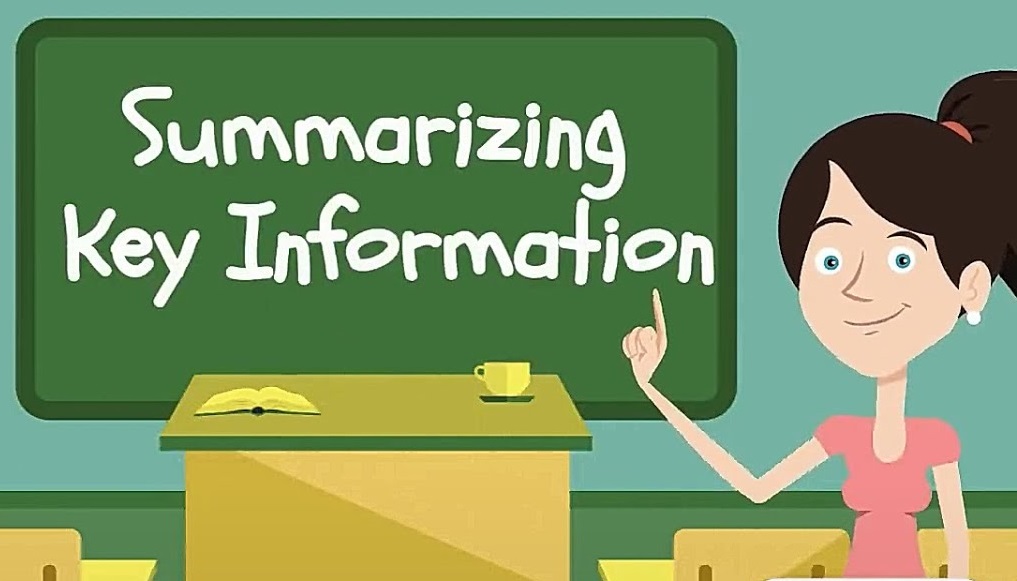How to learn anything fast and remember it: We live in a time when almost everything is competitive. To remain relevant in what we do, we not only need to acquire new skills and knowledge but to do so at a fast pace. The ability to learn anything fast is an asset to all categories of people: students, workers, business people, sportsmen, and women, etc. This article will provide some suggested ways of learning anything fast.
Maintain a positive mindset.

To learn anything fast, the first place to begin is your mind. Your mindset determines whatever outcome we can see from you. If you believe that you can learn a skill in two days, your brain begins to mobilize other parts of your body to work in line with that conviction. In a short while, all of your systems are mobilized for what you have set your mind to do. Conversely, if your mindset towards an activity is negative, you can never learn it fast. So, keep your mindset positive.
Note-taking (handwriting)

Writing down what you are learning is a good way to learn fast. The method of writing being advocated here isn’t typing on a laptop or computer desktop, but handwriting. Research has confirmed that there is a strong mental relationship with what we are studying whenever we write. We grasp knowledge faster when we write compared to when we merely listen to what is taught.
Summary technique

Closely related to the note-taking technique is the summary technique. When you write a summary of whatever information you have received, you learn it faster because it will be easier for you to retain and recall information that has been paraphrased or reframed in your words. We have already said that there is a strong relationship between handwriting information and fast learning. By summarising knowledge acquired, you internalize it faster than you can imagine.
Employ music if necessary.

For some people, learning anything fast without music in the background is an impossibility. They will neither concentrate nor be receptive to the information being offered to them. Such people have reported that by listening to music while learning, they are kept immune to the stress and anxiety associated with learning certain things. Hence, some background music makes them relaxed and confident of their imminent productivity. When this happens, they learn very fast.
Teach others.

If you want to learn anything fast, begin to teach what you already know about that thing. If it’s a skill, get someone or a group of people and begin to teach them what little knowledge you’ve acquired about the skill or subject. The more you do that, the more your mind is structured to acquire more knowledge and attain mastery of the skill/subject. Since you are obligated to pass the knowledge of that skill or subject on to others, you indirectly put yourself under some kind of healthy pressure not just to learn but to learn fast. This is so because human psychology is averse to embarrassment, humiliation or failure to deliver on some expectation, especially from those you are expected to teach.
Intermittent break/rest
The brain functions best after it has been refreshed through breaks. Taking intermittent breaks or what some call study breaks can enable you to learn fast. When your brain is relaxed, your level of concentration is enhanced. So, take some time to either sleep or engage in leisurely activities that can bring relaxation to your brain. Overworking does not only slow down your pace of learning but also your productivity.
Use visual aids.
Some people are visual learners and they tend to learn faster compared to when they are taught using only audio means. Such students respond to visual messages faster than they do to text-only materials. Visual images provoke our cognitive abilities and they are highly effective in ensuring that pieces of information get stored in the brain, especially for a long time. When we incorporate visual learning into what we do, we tend to learn fast.
Verbalisation of information
Reading what you are learning aloud can make you learn faster. This strategy is different from verbalisation (hearing yourself while reading). To verbalise information, in this context, means to voice your summaries to your hearing. That is after you are done with learning, you should summarise what you have learnt and then say it out to your hearing or the hearing of others. This can make you learn fast because the process enhances knowledge retention.
Regular exercise

Regular exercise has numerous advantages. They range from health benefits to academic benefits. Exercise improves your mood and reduces anxiety. This, in turn, affects your cognitive ability. Engaging in regular aerobics, to the extent that your heart and sweat glands begin to pump, enhances your brain’s ability to learn fast and retain information. Begin to consider swimming, brisk walk, jogging, etc., in order to boost your ability to learn fast.
Also Read: How to Study Smarter and Not Harder
https://www.nairaland.com/6743447/how-learn-anything-fast-remember










